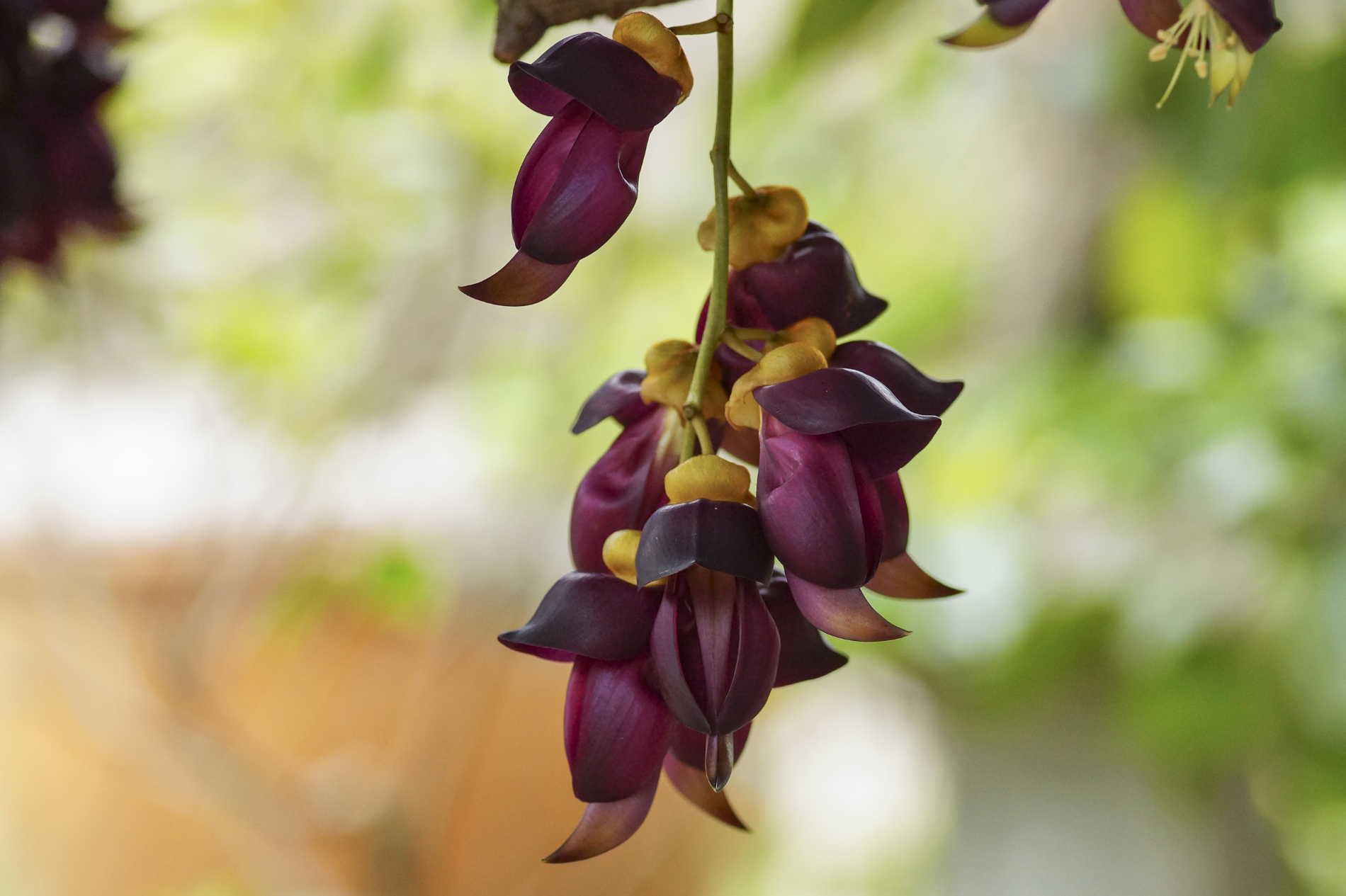The discovery of marjoram
Marjoram, botanically Origanum majorana, is a spice plant from the labiate family. Originating from the Mediterranean region, marjoram was already highly valued in ancient times. The ancient Egyptians used it as a medicinal plant, while the Greeks and Romans used it both in the kitchen and in medicine. Hippocrates, the famous Greek physician, mentioned it in his writings and praised its healing properties. Over the centuries, it spread throughout Europe and was valued in various cultures for its therapeutic and culinary properties.
Forms and dosage
Marjoram can be consumed in various ways:
- Fresh leaves: ideal for salads and garnishing.
- Dried leaves: often used in spice blends and to make tea.
- Marjoram oil: Used internally and externally.
- Marjoram tea: A simple and popular method of ingestion.
- Capsules and tablets: Available as dietary supplements in standardized dosages.
The dosage varies depending on the form and application. For tea, one to two teaspoons of dried marjoram to a cup of hot water is usually recommended. When using marjoram oil, you should be very sparing, a few drops are sufficient. Food supplements should be taken according to the manufacturer’s instructions, usually in a dosage of 500 to 1000 mg per day.
Marjoram: healing effects
It has an impressive range of health-promoting properties. Here are some illnesses for which it can have a supportive effect:
Indigestion
It helps with digestive complaints such as flatulence, cramps and stomach upsets. It promotes the production of digestive juices and can therefore counteract digestive disorders.
Diseases of the respiratory tract
The anti-inflammatory and expectorant properties of marjoram make it an excellent remedy for colds, coughs and bronchitis. A tea can help to clear the airways and relieve irritation.
Nervousness and sleep disorders
It has a calming effect on the nervous system and can help with insomnia and nervous restlessness. A warm bath with a few drops of marjoram oil or a cup of marjoram tea before going to bed can work wonders.
Muscle and joint pain
Used externally, for example as an oil, it can relieve pain and inflammation in muscles and joints. It is often used in massages to relieve muscle tension.
Skin diseases
It has antiseptic and wound-healing properties, which can be helpful for minor wounds, insect bites and skin irritations.
How it works in the body
Marjoram contains various bioactive compounds such as essential oils, flavonoids and tannins, which are responsible for its healing properties. The essential oils, especially thymol and carvacrol, have strong anti-inflammatory and antimicrobial properties. These compounds help to reduce inflammation and strengthen the body’s defenses. Flavonoids and tannins have an antioxidant effect, protect cells from damage caused by free radicals and support the immune system.
When should marjoram be used?
It can be used both preventively and therapeutically:
- Preventive: To generally strengthen the immune system and aid digestion.
- Therapeutic: For acute complaints such as digestive problems, colds, sleep disorders or muscle and joint pain.
To achieve an optimal effect, it should be taken regularly but in moderate amounts.
Precautions and contraindications
Although marjoram is generally considered safe, there are certain groups of people who should exercise caution when taking it:
- Pregnant women and breastfeeding mothers: It should only be used after consulting a doctor, as high doses of the essential oils can induce labor.
- Children: The use of marjoram oil is not recommended for children under the age of six.
- Allergy sufferers: People who are allergic to plants from the labiate family should avoid it.
Complementary medicinal plants and food supplements
Marjoram can be supplemented with other medicinal plants and food supplements to enhance its effect:
- Chamomile: Also has a calming and anti-inflammatory effect, especially for digestive complaints.
- Lavender: Supports the calming effect in cases of nervousness and sleep disorders.
- Ginger: Promotes digestion and can complement the anti-inflammatory properties.
- Vitamin C: Strengthens the immune system and, together with marjoram, can be helpful for colds.
Foods rich in marjoram
Dried, it is a frequently used spice in the kitchen, especially in Mediterranean cuisine. It can be found in:
- Meat dishes: Especially in sausages and meat fillings.
- Soups and stews: For added flavor and health benefits.
- Sauces: Especially in tomato sauces and marinades.
Marjoram: side effects and overdose
As with all medicinal plants, side effects can also occur, especially if overdosed:
- Gastrointestinal discomfort: Too much can lead to nausea, vomiting and diarrhea.
- Skin irritation: Used externally, marjoram oil can cause skin irritation, especially on sensitive skin.
If overdosed, the essential oils of marjoram can have a toxic effect and lead to severe symptoms such as shortness of breath and cardiac arrhythmia. it should therefore always be used in the recommended dosage.
Marjoram in naturopathy
In naturopathy, it is often used in the form of teas, tinctures and essential oils. Marjoram teas and oils are particularly popular for treating digestive and respiratory disorders and for calming the nervous system. Its wide range of applications and broad spectrum of healing properties make it a valuable addition to naturopathy.
Conclusion
Marjoram is therefore not only a versatile kitchen spice, but also a valuable medicinal plant with numerous health-promoting effects. When used regularly but in moderation, it can increase well-being and alleviate various health complaints.




